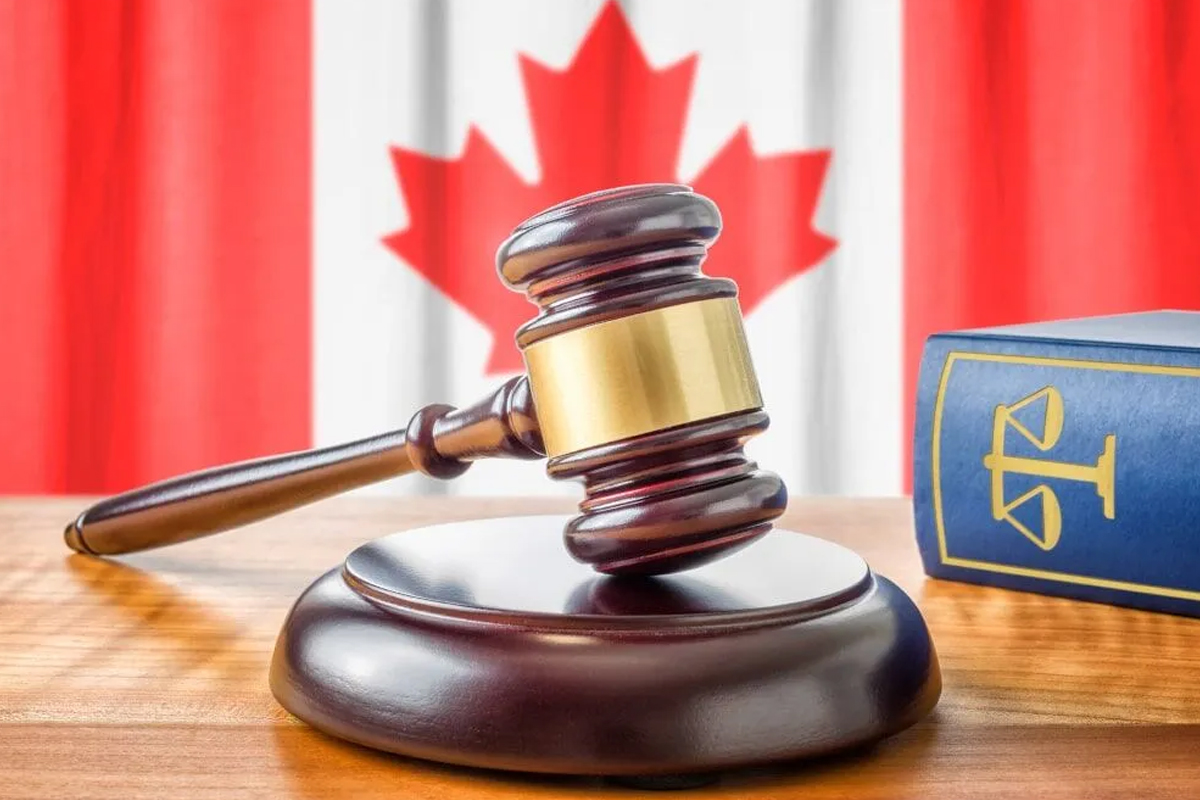If you are facing criminal charges, you need a criminal defence lawyer in Calgary to look at your case as soon as possible.
A discharge (learn more about absolute and conditional discharges) is a sentence that a judge can give to someone who has been found guilty of a crime but will not result in a criminal record. People who haven’t broken the law before and are facing offences that aren’t too serious could be eligible for a discharge.
There are two types of discharges in Canada.
- A full discharge means that the person is guilty but is let go right away without any conditions or a criminal record.
- A conditional discharge means that the person has to follow certain rules for a certain amount of time, which is usually between six months and three years. Some of these rules might be to do community service, go to therapy, or stay away from certain people or places. If they follow all the rules, they won’t have a criminal record.
Not every crime can get a discharge. You can’t use them to commit crimes that have minimum sentences of 14 years or longer. Judges look at a lot of things when they decide whether to give someone a discharge. These are the types of crimes and and whether or not it is good for the public.
The best thing about a discharge is that it keeps people from having a criminal record.
Strategic Criminal Defence is a top Google-rated criminal defence firm in Calgary, with over 600 5-star reviews. Our firm, and our experienced legal team, have defended clients in over 10,000 criminal cases. Leveraging our extensive network of lawyers and decades of experience, we craft defence strategies to help those accused of criminal offences beat the charges.
The lawyers at Strategic Criminal Defence are both highly experienced and dedicated to defending your rights. Contact a lawyer today by calling (403) 719-6410.
Key Takeaways
- A discharge is a type of sentence that lets you avoid getting a criminal record even though you were found guilty of a crime.
- You can only get a discharge for crimes that aren’t too serious and don’t have minimum sentences in the Criminal Code.
- There are two kinds: absolute discharges, which let you leave right away with no conditions, and conditional discharges, which require you to follow probation rules for a set amount of time.
- People usually get discharges for minor crimes like stealing small amounts, causing trouble, or making a scene.
- While you wait for your court date, the terms of your bail are usually pretty easy to understand. You just have to stay out of trouble and go to court most of the time.
- After a certain amount of time (one year for absolute and three years for conditional), the discharge won’t be on your criminal record anymore.
- If you have a discharge, you can legally say you don’t have a criminal record when you apply for jobs or volunteer work.
How Our Lawyers Help With a Discharge
Before you are charged, our lawyers can give you legal advice.
- This can help you learn about your rights and we can help make sure they are protected through the process.
- A Strategic Criminal Defence lawyer can collect evidence of why you would be a good candidate for a discharge. Judges pay close attention to these things when deciding whether or not to give someone a discharge. We can help you write letters of recommendation, document a work history, a history of community service, and other papers that demonstrate who you are.
- Our lawyers know how the local court system works. For example, we know how to successfully seek discharges by negotiating with Crown prosecutors.
- Our lawyers make strong cases in court for why a discharge is good for you and the public. We can talk about things like having a clean record, being sorry for what you did, doing things to make things right that led to the crime, and possibly the fact that not many people were hurt by the crime.
Examples of Offences Eligible for Discharges
- A college student who had never been in trouble with the law before stole a $75 book from the campus bookstore. They said she took less than $5,000. This was her first crime, she was having trouble with money, and she was very sorry. The judge granted her a conditional discharge, she had to follow certain rules and be on probation for a year. She also had to do community service and stay away from the bookstore.
- While walking home from a party, a drunk guy broke his neighbor’s fence. He was accused of a crime that cost less than $5,000. He had already paid for the fence repairs, written an apology letter, and finished an alcohol awareness program by the time of his hearing. The judge gave him an absolute discharge because he had already done what he needed to do to make things right and didn’t have any other problems on his record.
- People called the police because a woman was fighting loudly in a restaurant, which upset other customers. She got a conditional discharge with six months of probation and had to take conflict resolution classes because she was a first-time offender who said she was sorry.
Consequences of Discharges
One of the positives of getting a discharge is that you don’t have to pay a fine or go to jail. Even though you were found guilty, you won’t have a criminal record if you follow all the rules.
Discharges are typically only available for offences that aren’t too serious and don’t have a set minimum sentence in the Criminal Code. They can be given for less serious crimes that can usually get you up to two years in prison and/or a $5,000 fine, such as summary offences.
If the Crown goes through with a summary conviction, some hybrid offences (which can be charged with either a summary conviction or an indictment) might also be able to get discharges.
The court can take away your conditional release if you break the rules. It can then find you guilty and punish you the same way it would have for the original crime. This could mean paying fines or even going to jail, depending on the crime.
The discharge will be removed from your criminal record and the Canadian Police Information Centre (CPIC) database after one year for absolute discharges and three years for conditional discharges.
Discharge Conditions
When a judge gives someone a conditional discharge, they have to follow certain rules for a certain amount of time.
- Most of the time, these rules say that you have to be good, keep the peace, go to court when you need to, and let your probation officer or the court know if you move or get a new job.
- The judge might add more specific conditions based on the crime and the person’s specific situation.
- For example, a person might have to do community service, go to therapy, or stay away from certain people or places. They might not be able to use drugs or alcohol again if they did so while committing the crime. They may have to pay victims back for damages or losses.
- Most of the time, these conditions last between six months to three years.
- The person will have to meet with their probation officer regularly during this time to make sure they are following all their conditions.
- If these conditions are broken they might have to go back to court and get a new sentence. This could mean getting a criminal record or going to jail.








